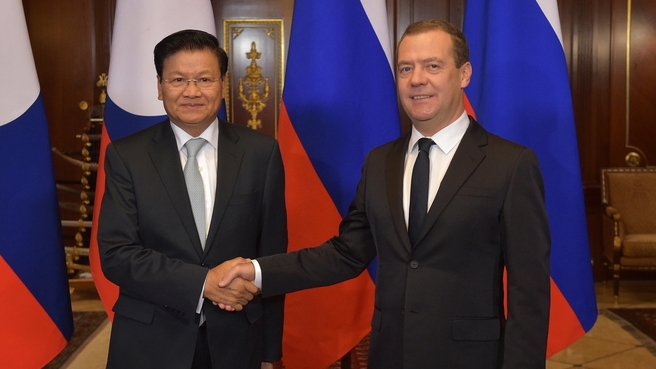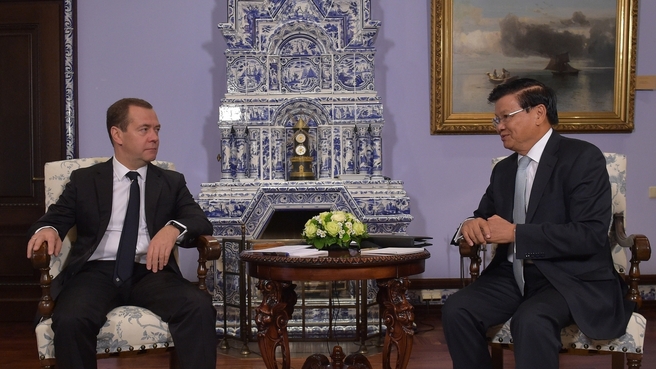Approval of the Strategy to Prevent the Spread of Antimicrobial Resistance
Reference
Submitted by the Ministry of Healthcare.
The signed directive approves the Strategy to Prevent the Spread of Antimicrobal Resistance in the Russian Federation to 2030 (hereinafter referred to as the Strategy).
The Strategy was elaborated with due account of Russia’s National Security Strategy (endorsed by the President’s Executive Order №683 of 31 December, 2015), the Foundations of Russia’s State Policy on Ensuring Chemical and Biological Safety to 2025 and Beyond (approved by the President’s Executive Order №2573-pr of 1 November 2013), and the Global Action Plan on Antimicrobial Resistance adopted by the 68th session of the World Health Assembly in May 2015.
The goal of the Strategy is to prevent and restrict antimicrobial resistance on Russia’s territory.
The Strategy sets state policy on preventing and restricting the resistance of microorganisms to antimicrobial medications, chemical and biological agents.
The Strategy provides for:
– studying the mechanisms of the emergence of antimicrobial resistance and systemic monitoring of its spread;
– improving measures to prevent and restrict the spread and circulation of resistant microbes;
– developing antimicrobial medications and alternative methods, technology and means of preventing, diagnosing and treating infectious diseases of humans, animals and plants;
– informing the population about the use of antimicrobial medications and problems of antimicrobial resistance;
– ensuring joint inter-agency efforts and advancing international cooperation to prevent and restrict antimicrobial resistance.
The Strategy is to be carried out in two stages.
The first stage (to 2020) involves educating the public on how to properly use antimicrobial medications, adequate replacement thereof, the impermissibility of self-treatment, increasing the reach of awareness-raising efforts regarding disease prevention and healthy lifestyle; making it easier to detect the resistance of agents of contagious diseases of humans, animals and plants to antimicrobial medications, chemical and biological preparations, and establishing basic indicators on the spread of antimicrobial resistance.
Plans for the second stage (to 2030) include reducing the number of cases involving treatment of contagious diseases caused by microorganisms with multidrug resistance.
The Strategy will make it possible to improve the prevention and treatment of infectious and parasitic diseases of humans, animals and plants and to reduce the severity and duration of illnesses.

